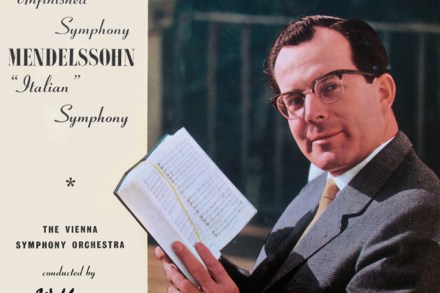There’s a lot to like in Rosalia’s new album
Grade: A Welcome to the Andalusian cadence, the minor fall and the major lift, the descent from Am through G and F to E. Welcome also to Rosalia Vila Tobella, who is not Andalusian, but Catalan, but uses that cadence an awful lot, much as Status Quo prefer to stick to C, F, G. She has been much praised for the depth and ambition of her compositions – and commercially much rewarded when those compositions, sometimes appended to fairly straightforward EDM, get the kind of downloads you would more usually expect from Ariane Grande. Though I find a good few of the compositions comparatively slight, there is no doubting the




















